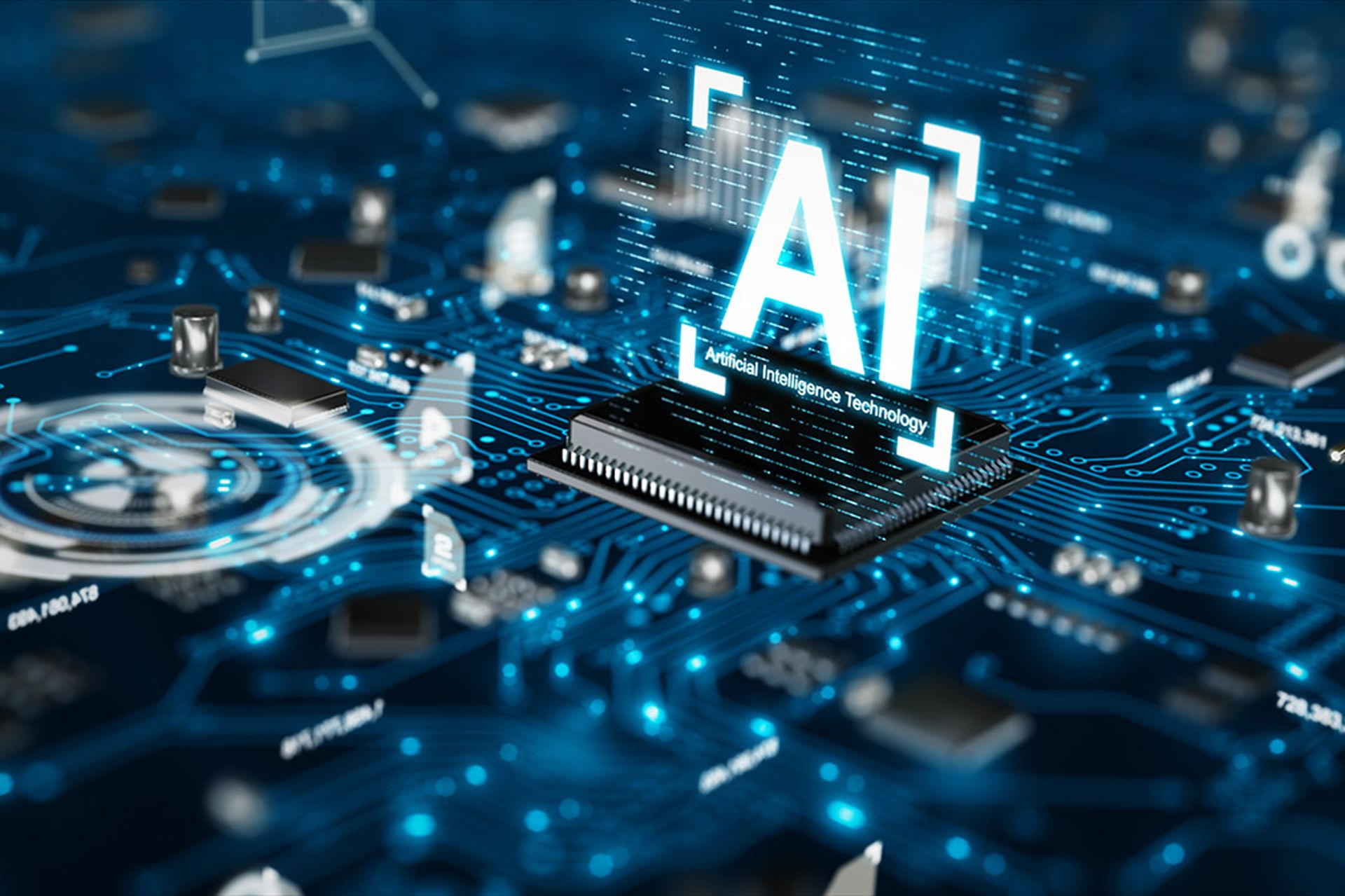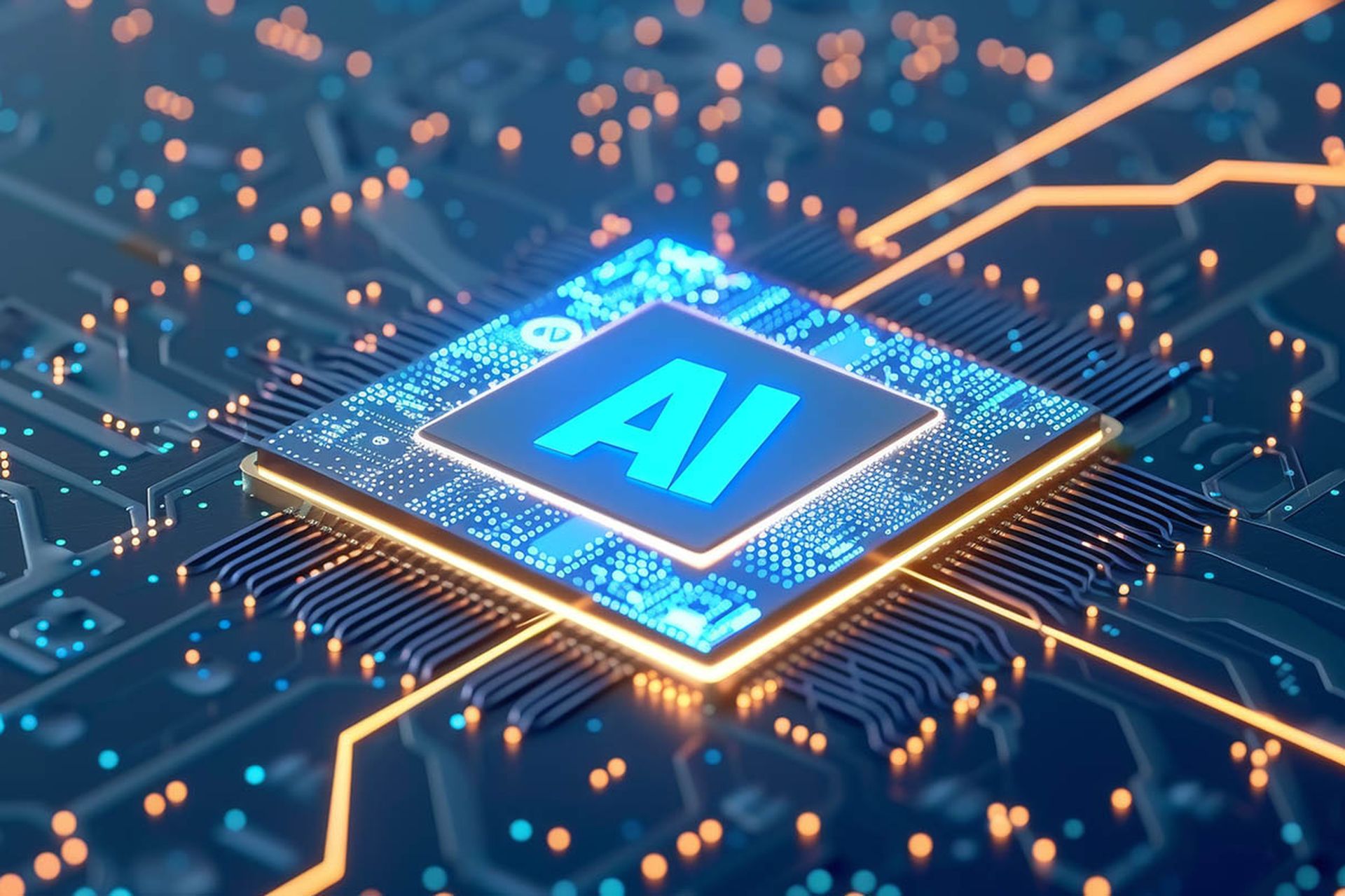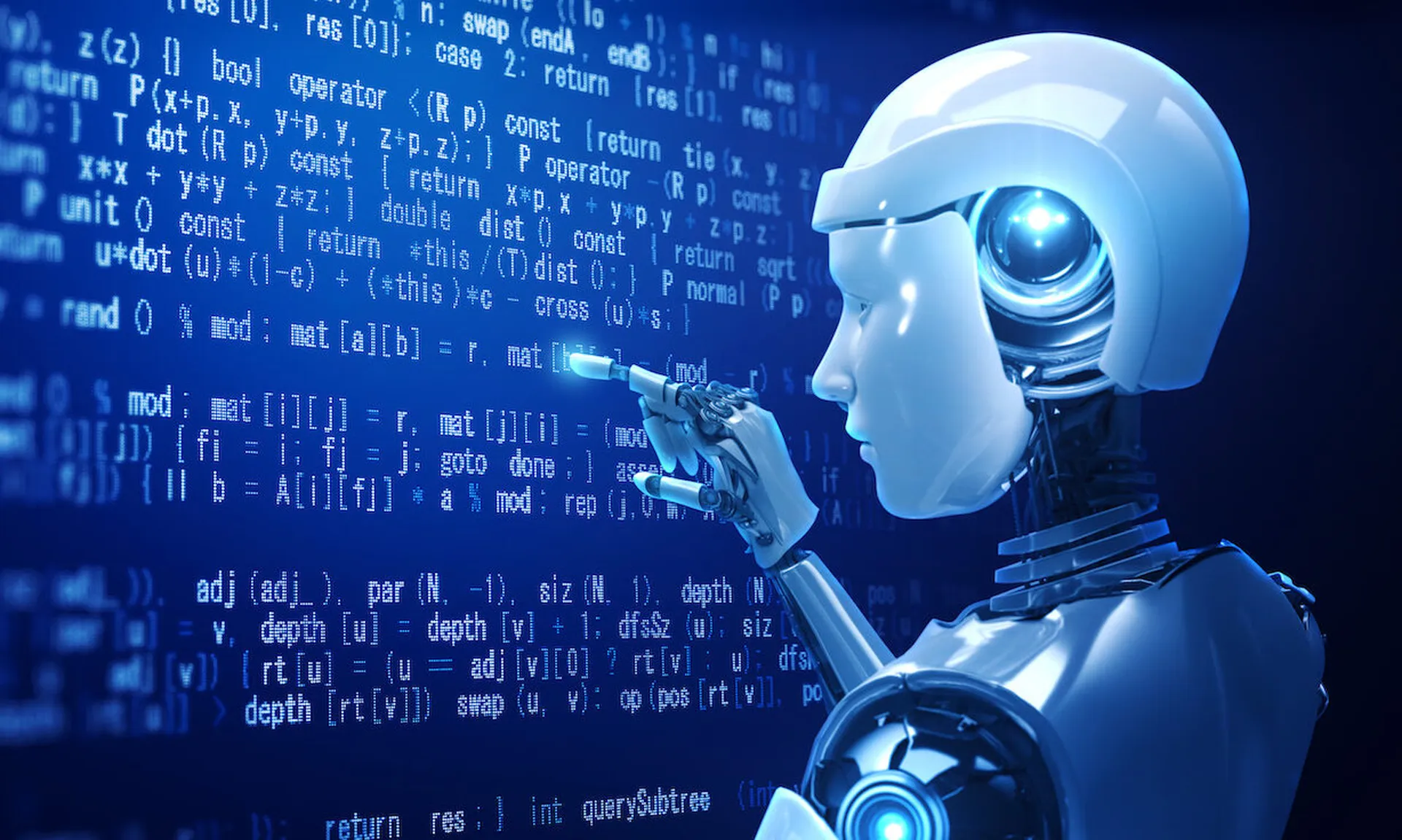Since Chat GPT made its mainstream debut a little over a year ago, it seems like everyone has been dabbling in how to use AI to accelerate their day-to-day work. That includes MSPs. You may remember a London-based MSP called Transputec that we wrote about last year, using a new tool called Neo to accelerate IT service desk ticket resolution.

To learn more about how this tool was created and how MSPs can use it, we spoke to the data scientist who created it, Nikhil Sehgal. Sehgal is the founder of an AI unicorn called Vastmindz that has worked on a remote health monitoring technology.
But as the son of an MSP entrepreneur (he’s the son of MSP Transputec founder and owner Sonny Sehgal), Sehgal also put his data science education and experience to work on solving one of the big problems for all MSPs today – the effort to serve more customers at scale.
Here are some excerpts of our conversation with Sehgal.
ChannelE2E: How did Neo get started?
Sehgal: We initially tested this inside Transputec. We took 15 years worth of data from their ITSM and then trained our model on how to resolve these types of tickets. Based on that we were able to put Neo into an operational phase. We drop Neo into a new MSP and it spends 1 to 2 days training itself on all the knowledge that exists within the customer ticketing system. Then it’s ready to become operational.
ChannelE2E: What kind of efficiencies can an MSP gain by implementing Neo?
Sehgal: For every ticket that Neo touches, it's able to save a technician time. The typical support request can take between 7 to 9 minutes to solve for a technician. Neo can save a big chunk of that. It can save the time of handling every ticket by five minutes. Now if you consider that the cost of handling every ticket per minute based on labor costs is about $1.60, every day that Neo operates for an average MSP, it saves them about $240 a day, which is about $5,300 a month and it costs $1,000 So every MSP gets 5.3 times return on investment in that first month by implementing Neo.
ChannelE2E: Does Neo every get it wrong? What does Neo do if a customer gets frustrated?
Sehgal: We have something in Neo called "useful memories." Neo is able to detect where it wasn't able to solve a request in one step, and it stores that as a “useful memory.” That's a way that Neo gets better over time and can improve interactions with customers. If an interaction maybe may have resulted in some customer frustration on the user's part, maybe Neo didn't get something right. Or Neo took maybe five steps. That is like a trigger to Neo to say, I didn't solve this in the most optimal way. Therefore, I need to reflect, store this useful memory about how I could have improved and then continue.
Neo “reflects” on these interactions every hour or so and picks out ones about how to improve and then continue. So yeah, memories are triggered based on those criteria, just like a human word. As a human, if I took a long time to solve a customer problem, I'd probably get out my notebook, write down something which makes me remember how to solve this type of issue with a customer in a better way. And then so I have that to reference when I need to solve a similar issue.
ChannelE2E: How do you work with data drift, when the models become less effective because the data used to train them is old?
Sehgal: We try to get Neo to self-train as much as possible. There are certain cases where it just gets stuck. In those cases Neo sends us, the engineering team, a message, effectively saying "the user has asked me to do this and I can't do this." Neo calls out to us. it's our responsibility as Neo engineers to give Neo a new skill so it's able to do something.
Neo has a skill bank. We add new skills to its library. We use conventional programming, not training, to add new skills.
ChannelE2E: If you were giving advice to someone who was going to get into the MSP business in the future, as an employee, in the era of AI, what skills would you be recommending? Should they have service desk, should they have conventional programming, should they have AI skills and data science skills? What's the mix? And how do you think it's different from today?
Sehgal: One of the most important skills of tomorrow is customer-oriented skills. Neo will relieve a technician of manual and repetitive tasks that they would have otherwise done on a daily basis. What's more important, I would drive more business value for that MSP is if that time was spent speaking with a customer to understand their needs, their problems, understanding how they could expand their service to save more areas of that customer. This is not something that Neo could do. This requires pure human-to-human interaction and expanding the capabilities of that MSP or growing that MSP’s business within that customer.
Number one is customer-oriented skills. Neo will take on repetitive tasks, but it's really important now for those service technicians to become really good at being able to listen to customers understand their needs, understand their problems. That's the thing that drives the most business.
I think there's some unfounded scare that like tools like Neo or robotics will take jobs, and I just don't think that's true. I think the job role will always exist. And it will allow, let's say, one service desk technician to do the work of five others, but new things will emerge and be unlocked.
Each technician has the ability to focus on customers. They maybe had 20% of that time on a daily basis that was focused on that customers before. And that's the thing that drives the business value. When Neo comes into an MSP, it's not as if half of those techs need to be fired because they're no longer needed. That's actually not the case. It actually unlocks more time for those techs to focus on stuff that actually drives business value. The key takeaway message here is the whole notion that robots or AI tools will take over human jobs is completely nonsense.




